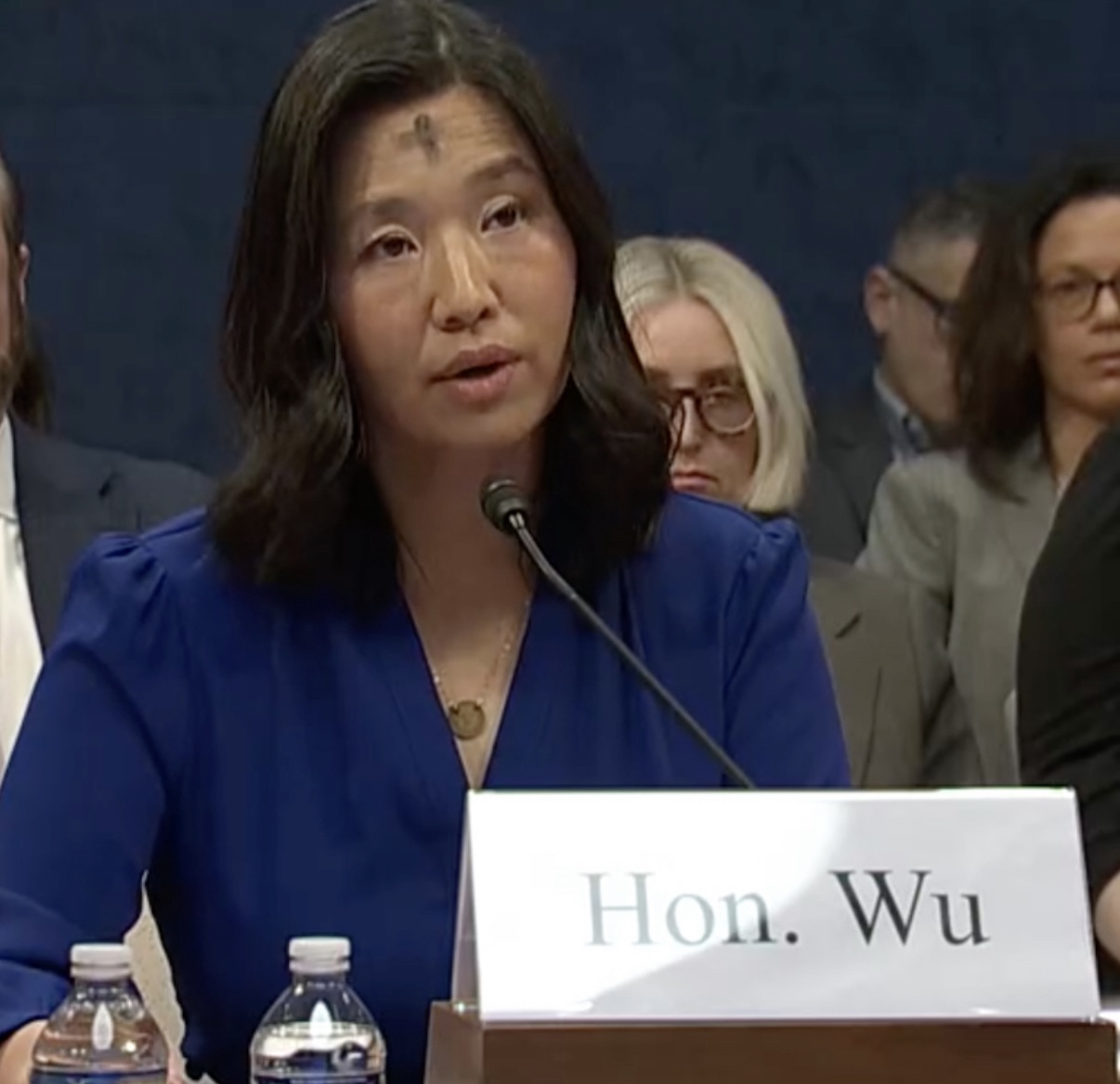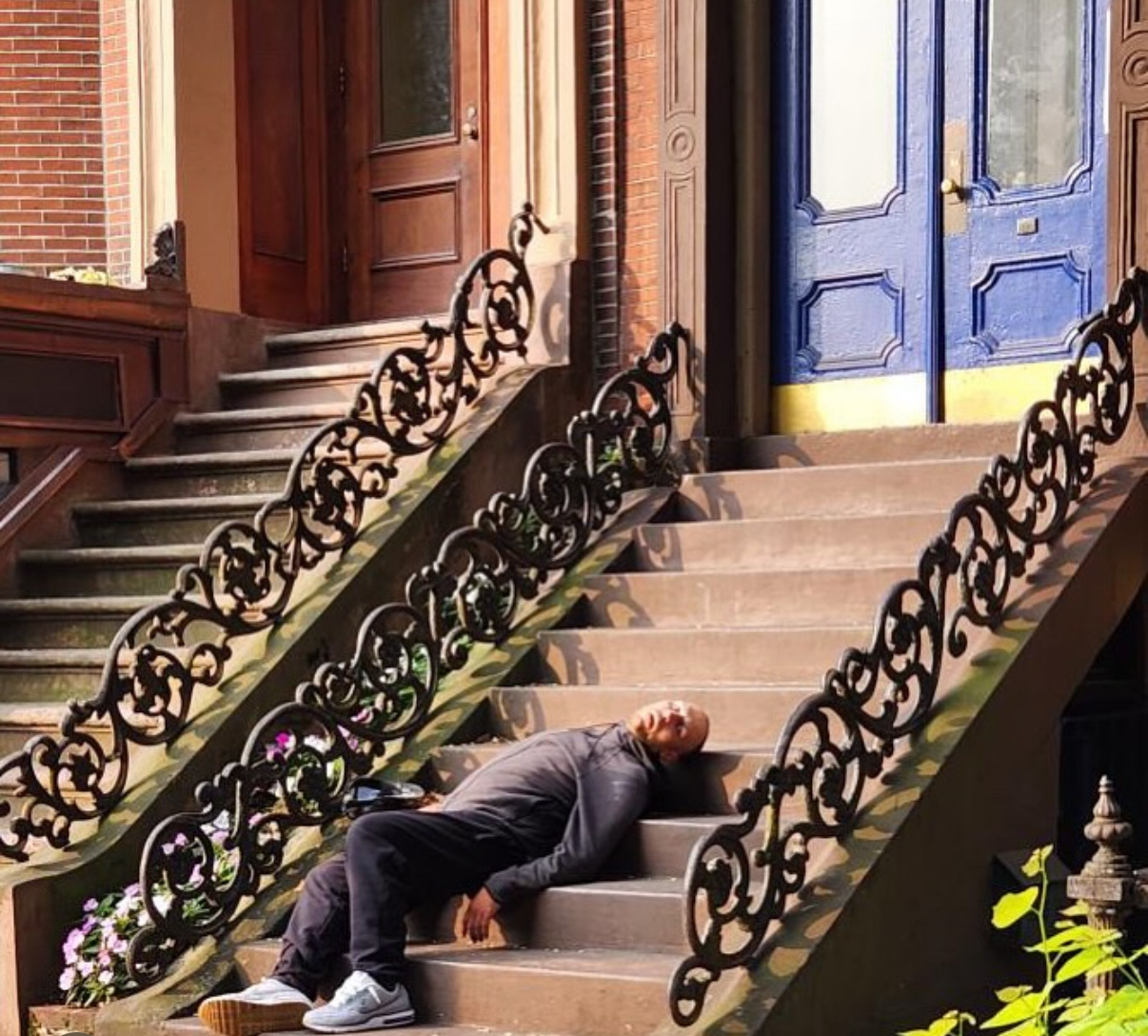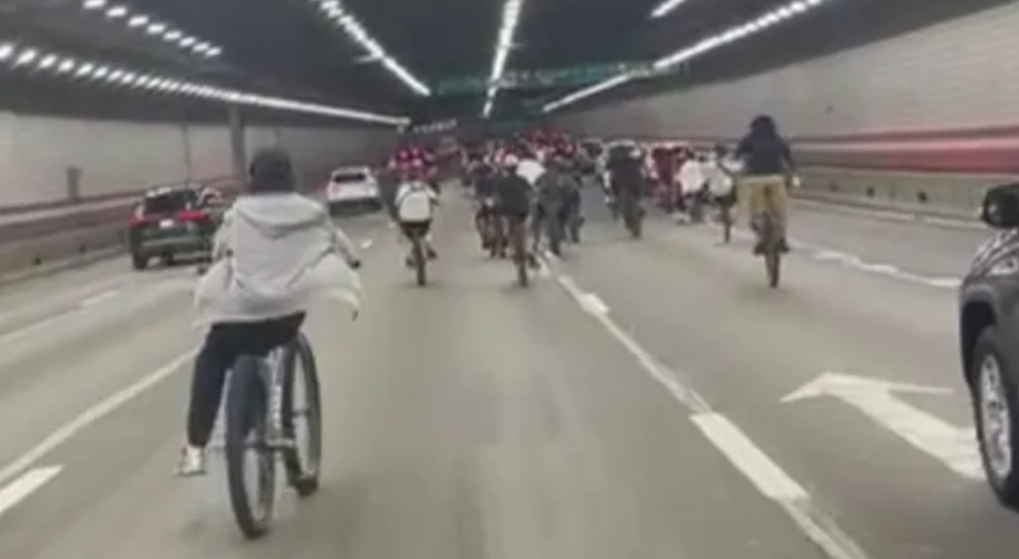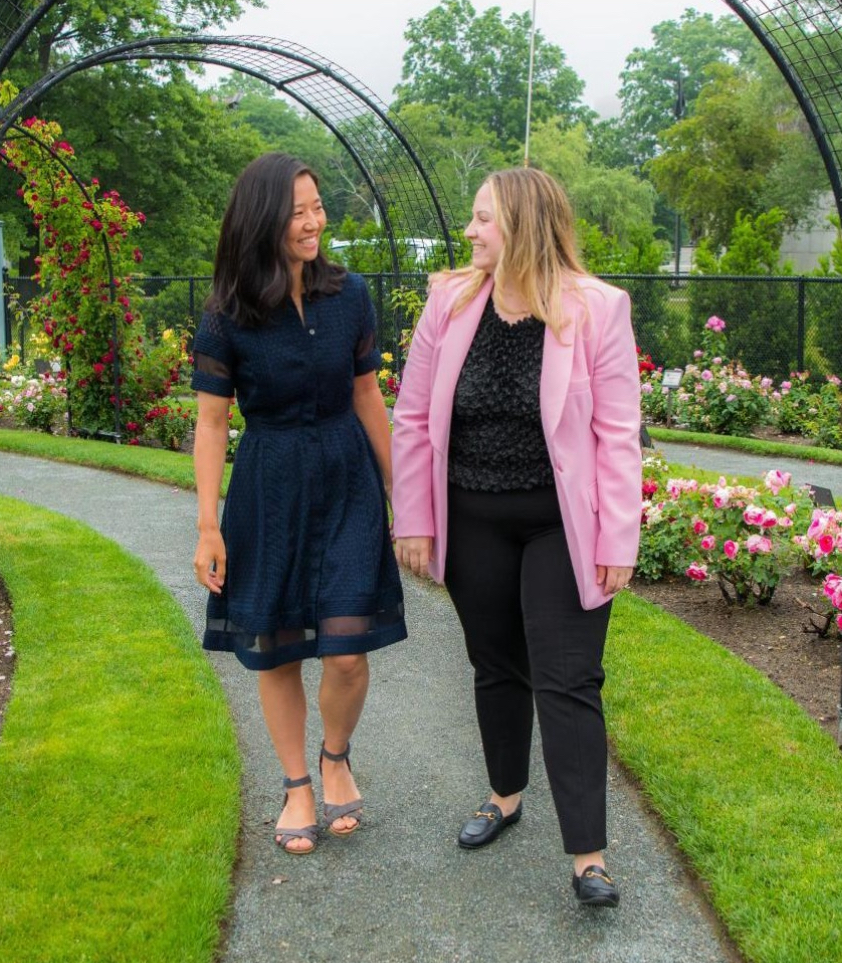BOSTON — The numbers don’t lie. The bodies don’t lie. But Mayor Michelle Wu’s “safe city” spin? That’s another story entirely.

This summer, Boston has been hit by a crime wave so obvious you can watch it from your stoop, your grocery store aisle, or your car stuck in tunnel traffic while 100 dirtbike hoodlums wheelie past. Yet City Hall acts like nothing is happening because it’s an election year, and admitting reality would blow Wu’s entire brand to pieces.
Murder rate doubles before Labor Day
The city has already logged 24 homicides this year, tying all of 2024 with four months still left on the calendar. Last year, Wu’s press team blasted out talking points about the “lowest murder total in 67 years.” This year, they whisper, delay, or redefine what counts as “safe.”
Try telling that to the family of Wendy Núñez-Calderón, gunned down on Faraday Street in Hyde Park in broad daylight. Or the loved ones of 23-year-old Tanahj Thompson-Hinnant, shot dead on Dudley Street.
Addicts on every doorstep

Step outside in the South End or Beacon Hill and you’ll see it: addicts collapsed outside $3 million brownstones, needles scattered across playgrounds, parents shepherding their kids past the slumped bodies of strangers. This isn’t an occasional sight. It’s daily life. Families in some of the most expensive zip codes in America are paying luxury prices to live in what looks more like a drug camp.
MASSDAILYNEWS
STAY UPDATED
Get Mass Daily News delivered to your inbox
And still, Wu calls it a “safe city.”
Grocery aisles to crime scenes
On August 16, Dorchester shoppers watched in horror as a man was stabbed multiple times inside a Stop & Shop. That same day, a man also in Dorchester was shot near Harvard St. and rushed to the hospital with life-threatening injuries.Broad daylight. Busy streets. No spin can hide it.
Dirtbike mobs own the highways
If the murders and stabbings weren’t enough, Boston’s main arteries have been hijacked by mobs of 100 dirtbikes and scooters, storming the Zakim Bridge and flooding the O’Neill Tunnel. One rider reportedly smashed a stolen bike straight into a State Police cruiser. The rest escaped.
Drivers sat trapped, watching the handlebar hoodlums turn a major interstate into their own stunt track. Wu once brushed this off as “teens learning new skills.” Tell that to the commuters stuck in gridlock while a mob terrorized the tunnel.
Politics over public safety
Here’s the truth Wu won’t say out loud: she can’t talk about the summer crime wave because it’s an election year. She built her brand on being the mayor who made Boston “safe.” Now, admitting to chaos would kill her re-election chances.
So she’s deployed her allies to run interference. When calls for an emergency declaration over the addiction crisis gained steam, Councilor Sharon Durkin — a loyal Wu ally — blocked it. Why? Because an emergency declaration would be an open admission that Boston is not “safe.” Better to let neighborhoods rot than risk headlines that hurt Wu’s campaign.

City doesn’t feel safe
The administration points to stats showing some crimes down on paper. But paper progress means nothing to families who can’t walk to the corner store without dodging addicts, or to commuters watching chaos in the tunnels, or to neighborhoods reeling from shootings that already doubled last year’s toll.
Boston simply doesn’t feel safe. Not in the supermarkets, not on the streets, not on the front steps of $3 million homes.
Wu will keep spinning. She has to. But voters can see what’s happening outside their own doors — and this bloody summer may be remembered as the moment her “safe city” narrative collapsed once and for all.

Loading Comments